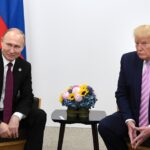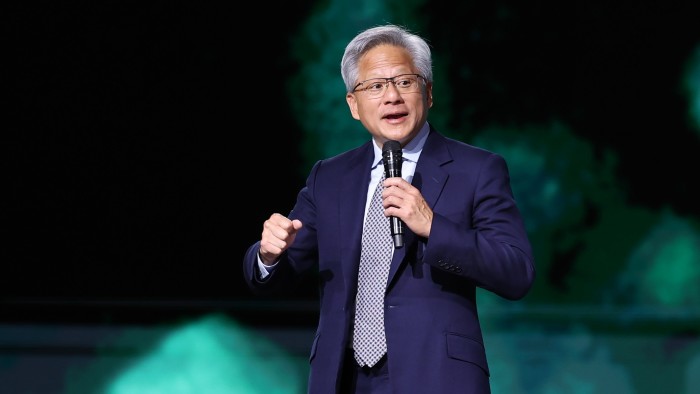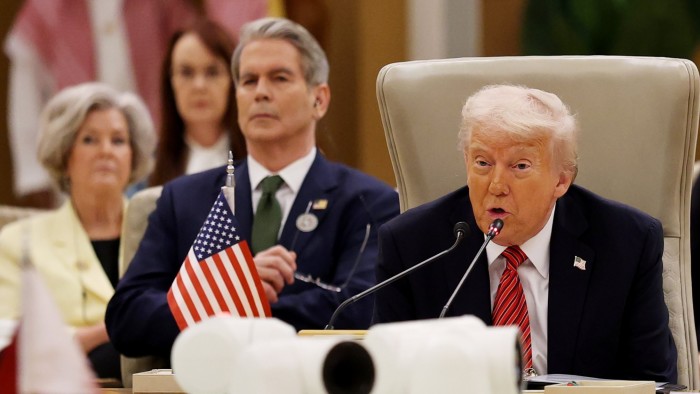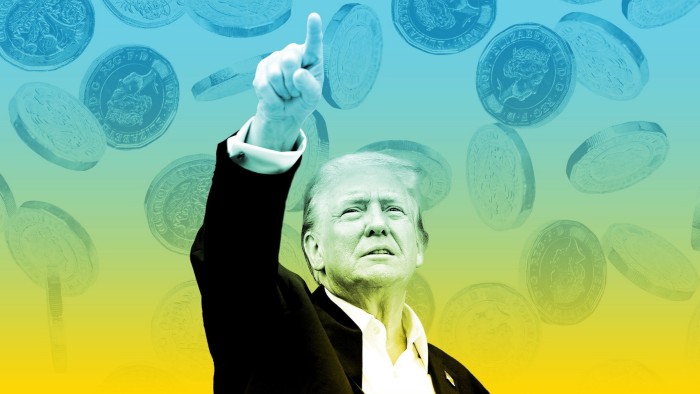US administration split on when to add Chinese chipmakers to export blacklist

Unlock the White House Watch newsletter for free
Your guide to what Trump’s second term means for Washington, business and the world
The Trump administration plans to put a number of Chinese chipmaking companies on an export blacklist, but some officials want to delay the move to avoid hurting efforts to strike a long-term trade agreement with China.
The commerce department has compiled a list of Chinese companies — including China’s memory chipmaker ChangXin Memory [CXMT] — to add to the “entity list,” according to five people familiar with the matter.
Several of the people said the Bureau of Industry and Security, the commerce department arm that oversees export controls, had drafted a list that also includes the subsidiaries of Semiconductor Manufacturing International Corporation, China’s biggest chipmaker, and Yangtze Memory Technologies Co, its largest memory chipmaker. SMIC and YMTC are already on the list.
But the timing of the move has been complicated by the trade deal agreed by China and the US in Geneva at the weekend. The two sides agreed to ratchet down their reciprocal tariffs for 90 days to help reach a broader trade deal.
Some Trump administration officials have argued that putting export controls on critical Chinese groups now could jeopardise the negotiations.
But others point out that Republicans criticised the Biden administration for delaying competitive actions against China to facilitate what they called “zombie diplomacy”.
China hawks have long pushed to target CXMT, which is rapidly expanding its share of the global Dram memory chip market. The chipmaker is also leading efforts to become a player in developing high-bandwidth memory (HBM), which is critical for operating artificial intelligence models.
Adding the chipmakers to the export blacklist is the latest effort by the US to make it much harder for China to obtain advanced American chips and chipmaking technology that could be used to help modernise its military.
American companies cannot sell to Chinese groups on the entity list without government licences, which have become increasingly hard to obtain.
US security officials are concerned that it has been too easy for China to obtain American technology, which has enabled its military to do everything from developing hypersonic weapons to modelling nuclear weapons.
The Chinese companies could not be reached for comment. The Chinese embassy in the US declined to comment on the case, but said: “China firmly opposes the US’s overstretching the concept of national security, abusing export controls, and maliciously blocking and suppressing China.”
The commerce department and White House both declined to comment.








